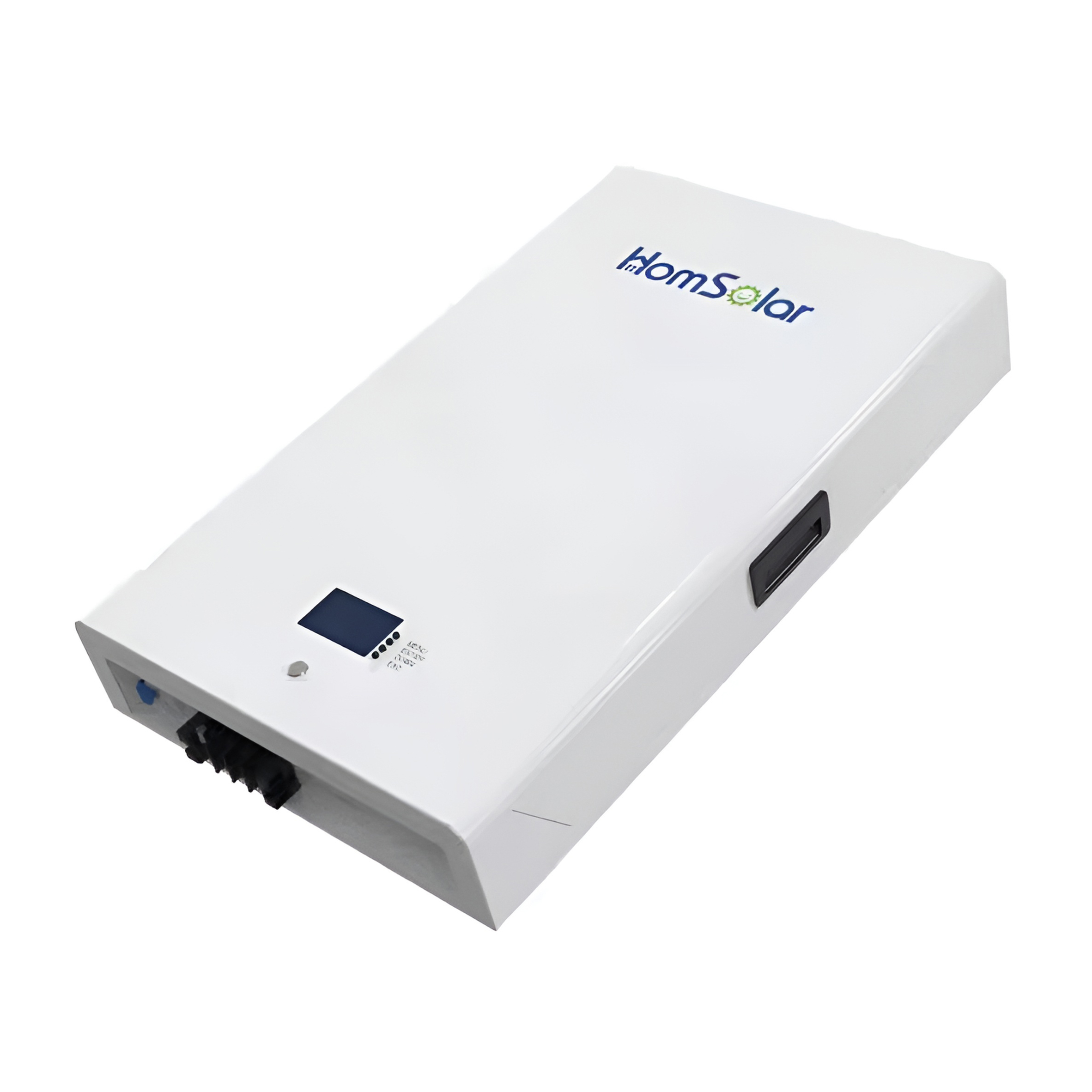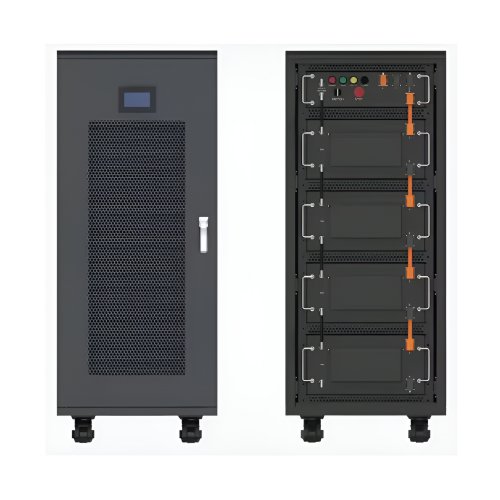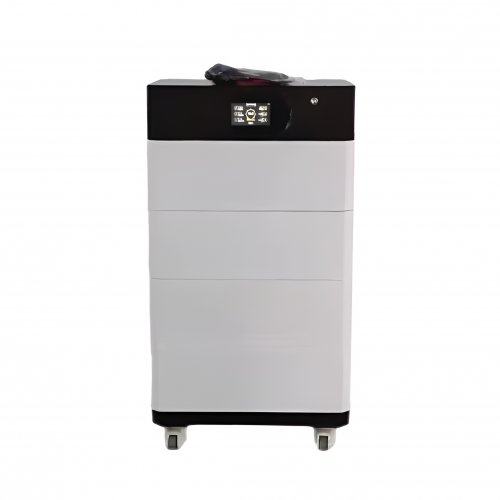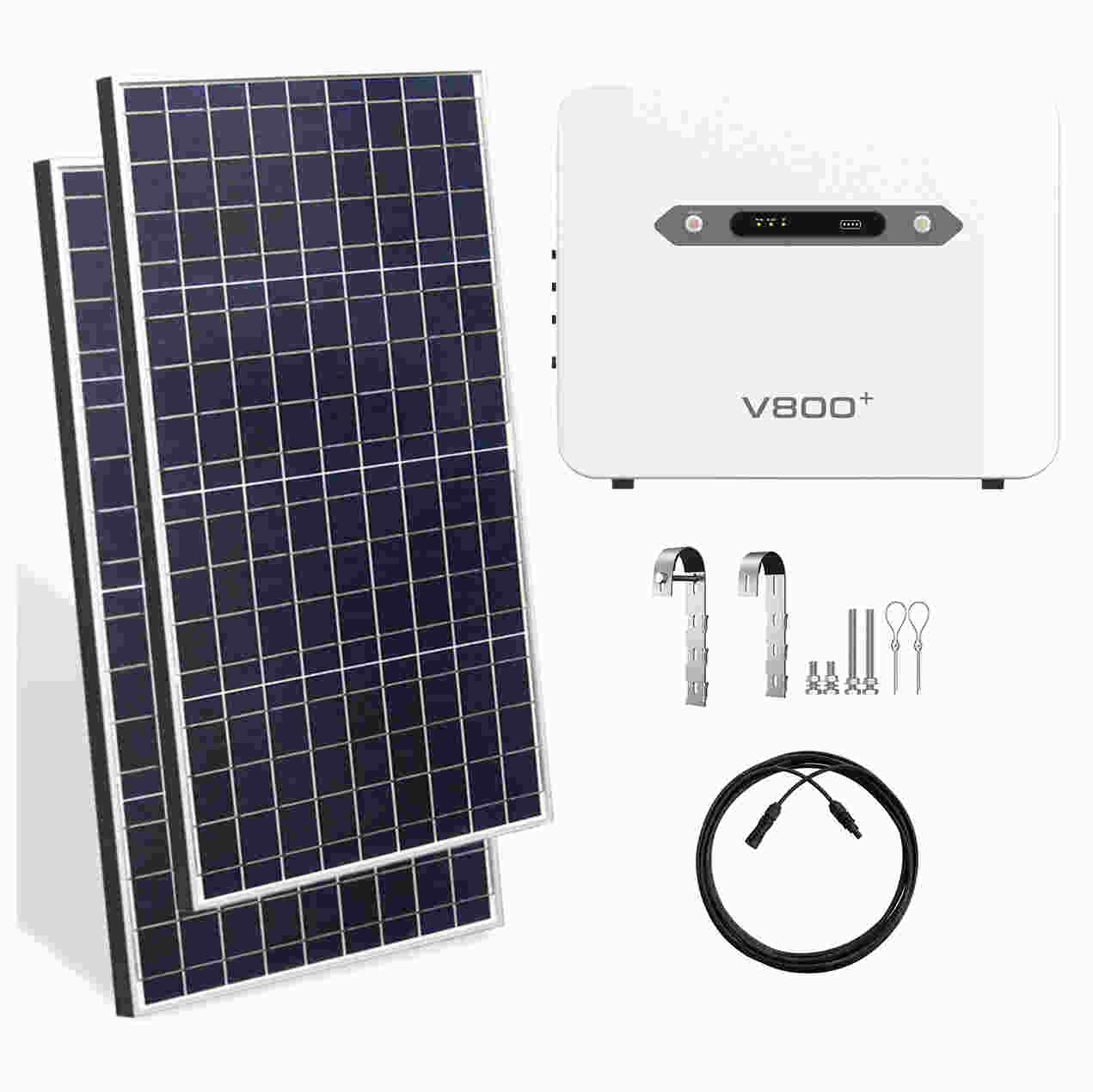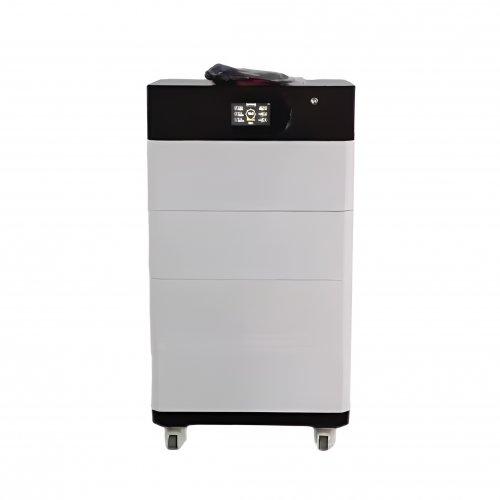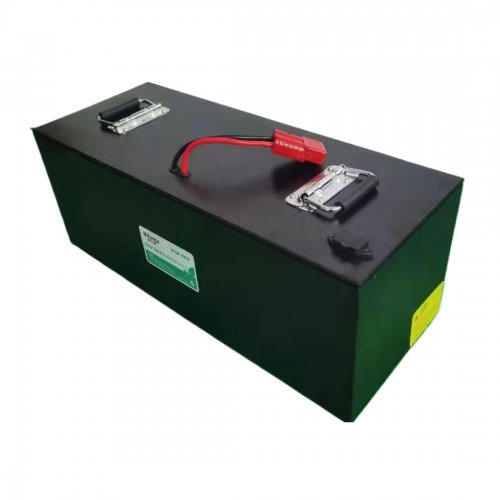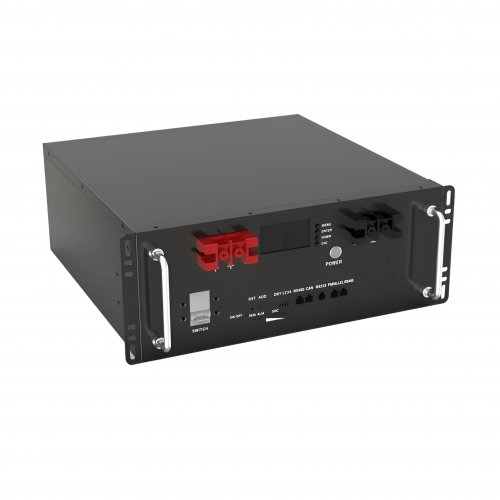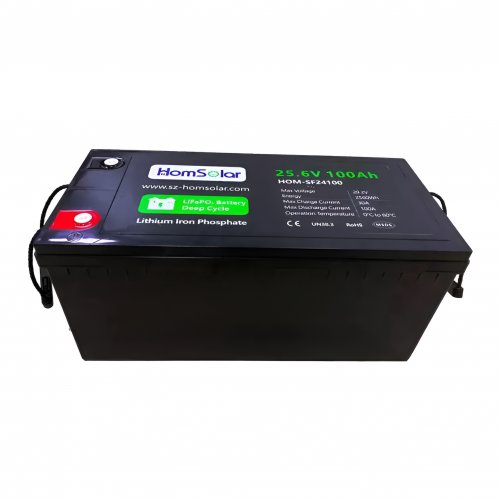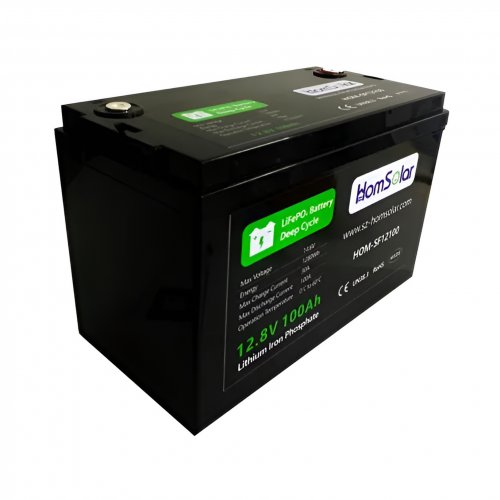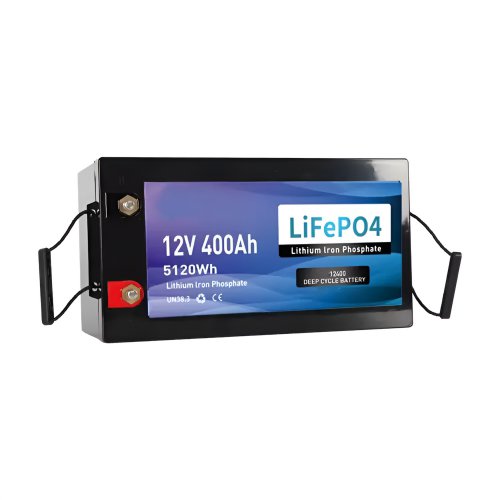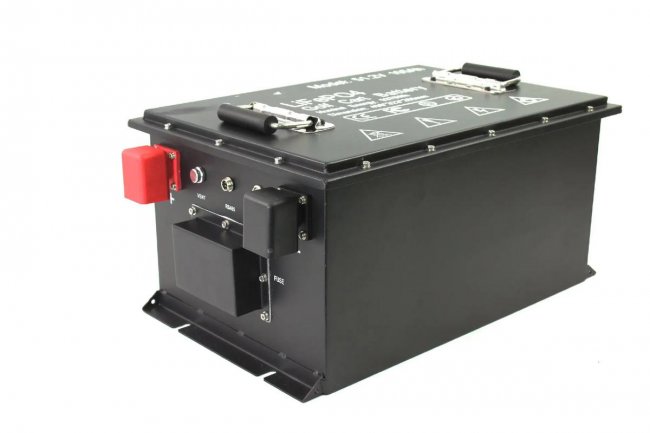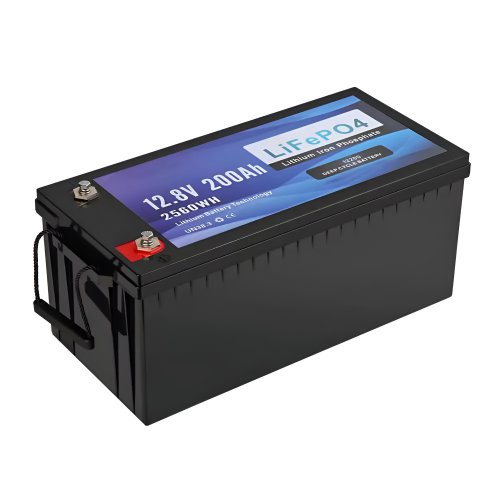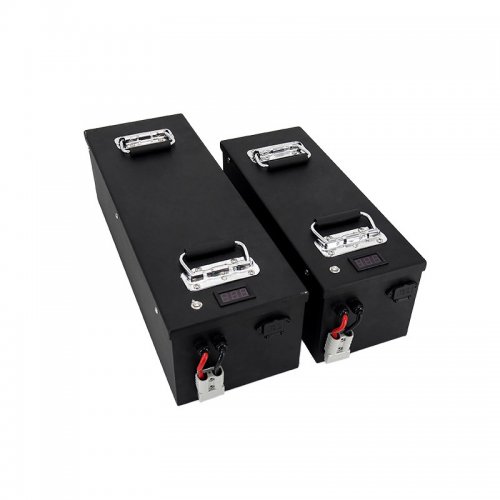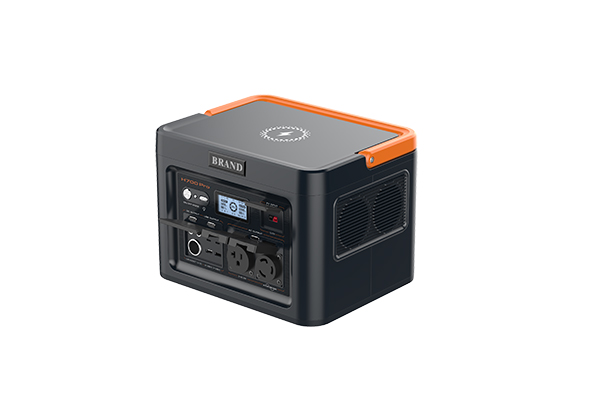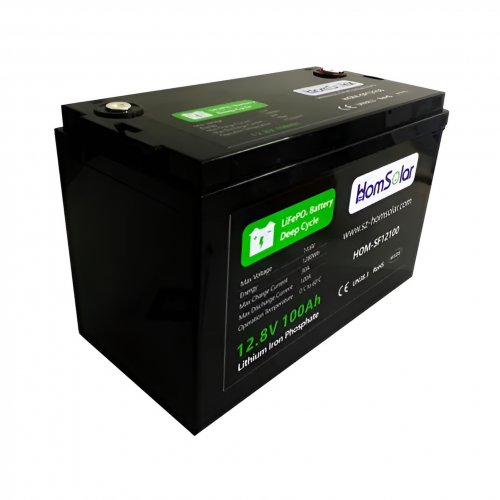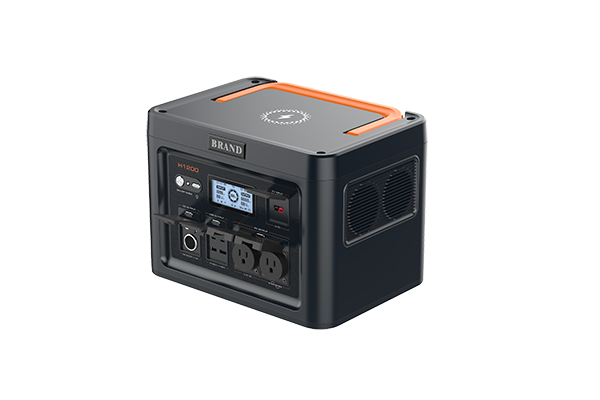Renewable Energy News: Navigating The Global Surge, Grid Integration Challenges, And The Next Frontier Of Innovation
The global renewable energy sector is experiencing an unprecedented acceleration, reshaping energy systems and geopolitical landscapes at a pace that continues to outstrip forecasts. Driven by a potent combination of climate imperatives, energy security concerns, and compelling economics, the transition to wind, solar, and other clean technologies is entering a new phase characterized by both immense opportunity and complex challenges. The narrative is shifting from a question of technical feasibility to one of systemic integration, supply chain resilience, and the pursuit of next-generation solutions.
Latest Industry Dynamics: Record Growth and Shifting Policies
Recent data from the International Energy Agency (IEA) confirms that renewable capacity additions surged by nearly 50% in 2023, setting a new record. Solar photovoltaic (PV) systems were the primary driver, accounting for over two-thirds of the new capacity. This explosive growth is largely concentrated in China, the European Union, and the United States, though significant activity is emerging across Asia and Latin America.
A key development underpinning this growth is the evolving policy environment. The United States' Inflation Reduction Act (IRA) continues to be a dominant force, creating a long-term investment signal through its extensive tax credits for domestic manufacturing and deployment of renewables. Similarly, the European Union's REPowerEU plan is aggressively fast-tracking permitting and deployment to rapidly reduce dependence on fossil fuels. However, this policy-driven boom is not without friction. In several markets, including parts of Europe and the United States, high interest rates and supply chain bottlenecks for critical minerals and components have caused project delays and increased costs, tempering some of the initial euphoria.
Dr. Elena Vance, a Senior Research Fellow at the Global Energy Institute, notes, "We are witnessing a policy-induced gold rush. The IRA and REPowerEU have fundamentally altered the investment calculus. The challenge now is execution—navigating complex supply chains, addressing workforce shortages, and, most critically, building the grid infrastructure to support this new power."
Trend Analysis: The Dual Frontiers of Grid Modernization and Storage
The most significant trend moving from the background to the forefront is the critical issue of grid integration. The intermittent nature of solar and wind power requires a fundamental modernization of electricity grids, many of which were designed for a centralized, fossil-fuel-based system. Congestion at interconnection points is causing multi-year backlogs for new projects seeking to connect to the grid. This has become a primary bottleneck for continued growth.
"The conversation has decisively shifted from 'How do we build more?' to 'How do we connect and manage what we build?'" says Michael Thorne, a Partner at a clean energy infrastructure fund. "Investors are now scrutinizing grid access and curtailment risks as closely as they do the technology itself. This is driving interest in hybrid projects that combine generation with storage, and in markets with more advanced grid planning."
This brings us to the second major trend: the unstoppable rise of energy storage. Co-located solar-plus-storage projects are becoming the new standard in many markets. The cost of lithium-ion batteries has plummeted over the past decade, making them a commercially viable solution for shifting solar energy from the day to the evening peak demand. Beyond lithium, there is growing investment and research into alternative long-duration storage technologies, such as flow batteries, compressed air energy storage, and green hydrogen. These technologies are seen as essential for achieving deep decarbonization, providing power over days or even weeks when renewable generation is low.
Green hydrogen, produced using renewable electricity, is itself a major trend. While still in its infancy as a large-scale industry, it is increasingly viewed as a critical piece of the puzzle for decarbonizing "hard-to-abate" sectors like heavy industry, shipping, and aviation. Pilot projects are underway globally, though questions about cost-efficiency and the development of a dedicated transport infrastructure remain.
Expert Perspectives: A Cautiously Optimistic Outlook
Experts remain broadly optimistic about the long-term trajectory of renewables but emphasize that the path forward requires strategic navigation of near-term hurdles.
"The economics are unequivocally in favor of renewables," states Dr. Vance. "In most parts of the world, new-build solar and onshore wind are now the cheapest sources of new electricity generation. This fundamental economic advantage is a more powerful and durable driver than any subsidy. However, we must be realistic about the need for a diversified energy portfolio and significant investment in grid resilience and digitalization."
There is also a growing focus on the social and geopolitical dimensions of the energy transition. The concentration of solar panel manufacturing in China and the extraction of critical minerals like lithium and cobalt in a handful of countries have prompted concerns about supply chain security. This is leading to policies aimed at fostering domestic manufacturing and recycling capabilities, particularly in the US and Europe.
Michael Thorne highlights the investment implications: "The risk profile is changing. We're moving past technology risk into policy, supply chain, and integration risk. This requires a more sophisticated approach to project development and financing. The most attractive opportunities now lie in integrated solutions—combining generation, storage, and smart grid technologies to deliver reliable, dispatchable clean power."
Looking ahead, the next frontier of innovation is already taking shape. Advanced geothermal, leveraging drilling technologies from the oil and gas industry, promises to provide firm, baseload clean power. Offshore wind is expanding into floating platforms, unlocking vast deep-water resources. Furthermore, the application of artificial intelligence and machine learning is optimizing everything from wind farm layout and solar forecasting to grid management and predictive maintenance, squeezing more efficiency and value from renewable assets.
In conclusion, the renewable energy industry stands at a pivotal moment. The era of breakneck capacity growth is colliding with the physical and logistical realities of a century-old energy system. The success of the global energy transition will depend not only on continuing to deploy solar panels and wind turbines but, more critically, on building the intelligent, flexible, and resilient infrastructure needed to support them. The focus is now squarely on integration, innovation beyond generation, and creating a system that is not just cleaner, but also more secure and reliable.
Customized/OEM/ODM Service
HomSolar Supports Lifepo4 battery pack customization/OEM/ODM service, welcome to contact us and tell us your needs.


HomSolar: Your One-stop LiFePO4 Battery Pack & ESS Solution Manufacturer
Our line of LiFePO4 (LFP) batteries offer a solution to demanding applications that require a lighter weight, longer life, and higher capacity battery. Features include advanced battery management systems (BMS), Bluetooth® communication and active intelligent monitoring.

Customised Lithium Iron Phosphate Battery Casing
ABS plastic housing, aluminium housing, stainless steel housing and iron housing are available, and can also be designed and customised according to your needs.

HomSolar Smart BMS
Intelligent Battery Management System for HomSolar Energy Storage System. Bluetooth, temperature sensor, LCD display, CAN interface, UART interface also available.


Terminals & Plugs Can Be Customized
A wide range of terminals and plugs can be customised to suit the application needs of your battery products.

Well-designed Solutions for Energy Storage Systems
We will design the perfect energy storage system solution according to your needs, so that you can easily solve the specific industry applications of battery products.



About Our Battery Cells
Our energy storage system products use brand new grade A LiFePO4 cells with a battery lifespan of more than 4,000 charge/discharge cycles.



Applications in Different Industries
We supply customized & OEM battery pack, assemble cells with wiring, fuse and plastic cover, all the cell wires connected to PCB plug or built BMS.
Applications: E-bike, Electric Scooter, Golf Carts, RV, Electric Wheelchair, Electric Tools, Robot Cleaner, Robot Sweeper, Solar Energy Storage System, Emergency Light, Solar Power Light, Medical Equipment, UPS Backup Power Supply.
We can provide you with customized services. We have the ability to provide a vertical supply chain, from single cells to pack/module and to a complete power solution with BMS, etc.


HomSolar (Shenzhen) Technology Co., Ltd







